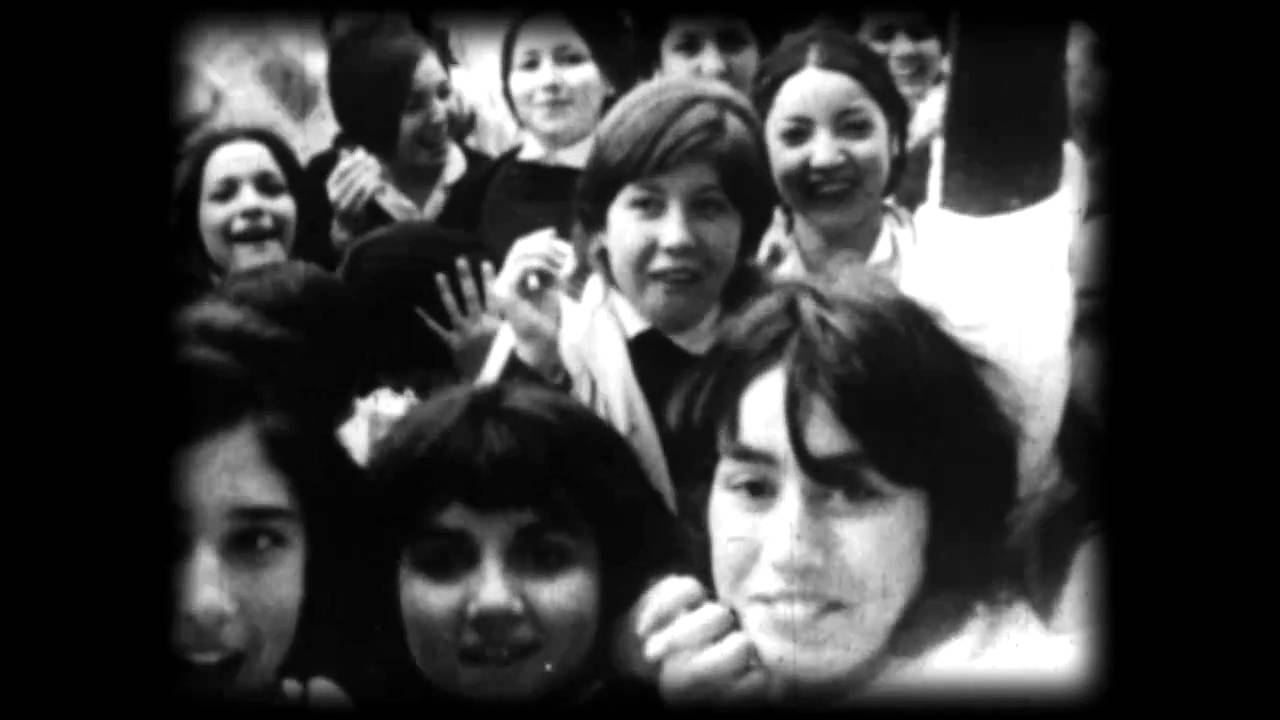Título Original: Descomedidos y chascones
País: Chile
Año: 1973
Ficha técnica:
Dirección y guión: Carlos Flores
Producción: Luis Mora
Director de fotografía: Samuel Carvajal, Héctor Ríos y Jorge Müller
Montaje: Pedro Chaskel
Música: Los Jaivas
Sonido directo: Francisco Mazo
Duración: 75 minutos
Reseña de extraída de sitio FIDOCS www.fidocs.cl
El título cita un verso del poema “Week end the end” de Floridor Pérez, que resume la actitud rebelde de la juventud setentera que Flores retrata en su primer largometraje. Es un filme a contracorriente del discurso más incendiario que se podría esperar de un activo izquierdista (Flores era miembro del MIR), sobre todo en la mirada comprensiva y hasta cariñosa con los hippies que defienden su libertad individual por sobre la lucha de las masas oprimidas. Quizás por eso, y por su audacia al mezclar desde el collage dadaísta hasta el film-encuesta –consultando a jóvenes derechistas sobre los jóvenes de la UP y viceversa (donde se aprecia una animadversión tan profunda como pueril)–, la cinta es un OVNI, un documento antropológico pop y militante, en un contexto histórico más marcado por las sospechas que por el respeto y aprecio a las diferencias. J.M.
The title quotes a verse from the poem “Week end the end” by Floridor Pérez, which summarizes the rebellious attitude of the 1970s youth Flores portrayed in his first feature. It is a film that runs contrary to the more incendiary discourses expected from an active leftist (Flores was a member of the Revolutionary Leftist Movement), especially with the understanding, and even warm, look into the hippies that defend their individual freedoms over the struggle of the oppressed masses. Maybe because of this, and also due to his daring choice of mixing in from Dada collages to survey-films – consulting young right wingers about the leftist youth in the Popular Unity government, and vice versa (where one can perceive a deep and puerile hostility), the film is a UFO, a militant, pop anthropology document inside a historic context marked more by suspicion than by the respect and appreciation for differences. J.M.
